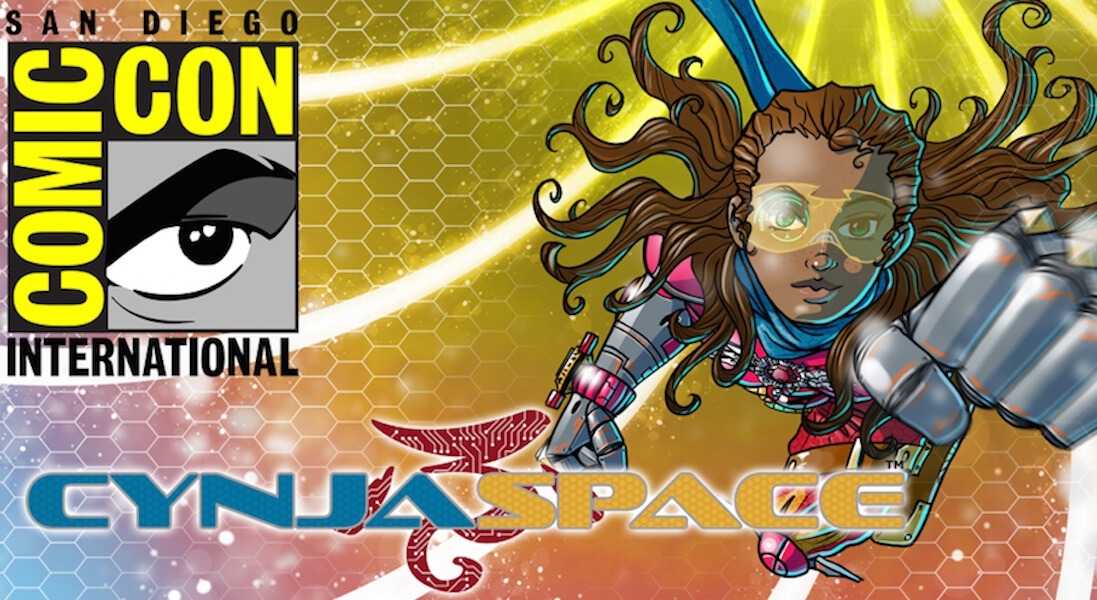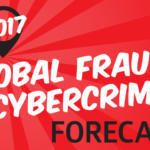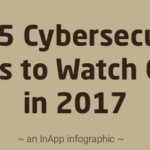No products in the cart.

Dear Readers and Subscribers, We are proud to finally share with you a long awaited interview with Heather Dahl from The Cynja! They are building an app to help our children navigate cyberspace safely with security and privacy features customized to inspire and educate. CynjaSpace is not just a game or tutorial....
Author
Latest Articles
 BlogJanuary 18, 20172017 Global Fraud and Cybercrime Forecast - Explained Visually by RSA
BlogJanuary 18, 20172017 Global Fraud and Cybercrime Forecast - Explained Visually by RSA BlogJanuary 17, 2017Don’t try to master it all – just try to understand how to NOT be the low hanging fruit - Interview with Christopher Hadnagy, CEO of Social-Engineer, LLC.
BlogJanuary 17, 2017Don’t try to master it all – just try to understand how to NOT be the low hanging fruit - Interview with Christopher Hadnagy, CEO of Social-Engineer, LLC. BlogJanuary 9, 2017Top 5 Cybersecurity Threats to Watch Out for in 2017 - Infographic by InApp
BlogJanuary 9, 2017Top 5 Cybersecurity Threats to Watch Out for in 2017 - Infographic by InApp BlogJanuary 4, 2017Don't underestimate the script kiddies nowadays - Interview with Tal Argoni, Co- Founder of Triad Security
BlogJanuary 4, 2017Don't underestimate the script kiddies nowadays - Interview with Tal Argoni, Co- Founder of Triad Security
Subscribe
Login
0 Comments